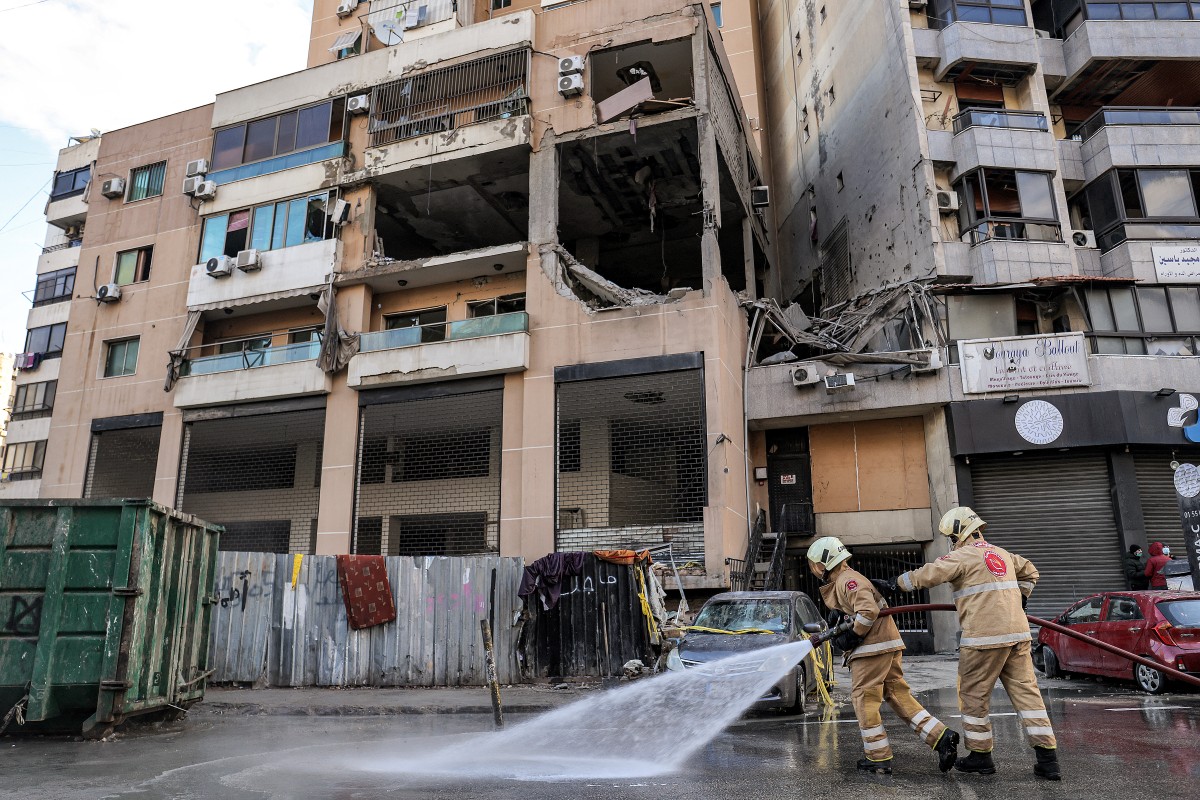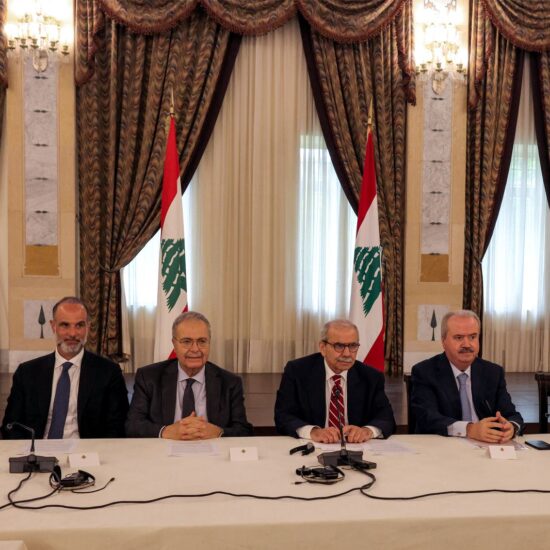
According to Hezbollah’s Secretary General, an imminent response to the assasination of top Hamas figure in Beirut’s Southern Suburbs is on the horizon.
The new year began with a sharp increase in tensions between Hamas and Israel. A drone strike targeted a Hamas office in Beirut’s Dahiyeh neighbourhood, killing senior Hamas official Saleh al-Arouri along with six others.
Israel was the prime suspect in the attack, raising concerns about potential escalation in the region.
Why this is important, Saleh al-Arouri, a key figure in Hamas’ military wing, the Izz ad-Din al-Qassam Brigades, was based in Beirut. The strike also claimed the lives of two other leaders from Hamas’ military wing, Samir Findi Abu Amer and Azzam Al-Aqraa Abu Ammar.
The IOF refrained from commenting on the assassination, restating their focus on combating Hamas. The incident could widen the Israel-Hamas conflict, marking the most significant Israeli strike on Beirut since the 2006 war.
Southern Lebanon is already under heavy bombardment as clashes between Hezbollah and Israel persist. Also, Israel is constantly accusing Tehran of funding and arming Hamas, so escalations between the US, Iran, Lebanon, and Israel are highly likely.
Furthermore, Hezbollah leader Sayyed Hassan Nasrallah emphasized on Friday that his group will unquestionably retaliate in response to Israel’s airstrike, which resulted in the death of Hamas deputy head Saleh al-Arouri in Beirut’s southern suburbs.
Nasrallah stated in a televised address commemorating the late official Mohammad Yaghi that Lebanon has an opportunity ahead, contingent upon the cessation of aggression against Gaza, to reclaim the remaining portions of its land—from the B-1 point to the Shebaa Farms and every inch of its territory.
He emphasized that there is a genuine opportunity to establish an equation that would prevent Israel from encroaching upon the sovereignty of Lebanon. However, he asserted that any talks, negotiations, or dialogue will only occur or yield results after the aggression against Gaza has ceased.
Nasrallah explained that the consequences of not responding to this violation are more significant than any potential risks associated with a response.
He also mentioned that the media needed to do justice to the southern front, alluding that perhaps many of them needed to give more attention to the escalations in south Lebanon.
Nasrallah adds that Israel has been secretive about its casualties and that the takeover of any Israeli border post is still possible. In conclusion, an imminent retaliation is expected in response to Israel’s attack on the southern suburb of Beirut. This development introduces a new wave of unforeseen tensions and fears, raising concerns about the potential trajectory of the war in Lebanon. This leaves the citizens of Lebanon living each day in anticipation of how this challenging situation will unfold. This adds a layer of stress to an already struggling country where necessities are barely provided.








